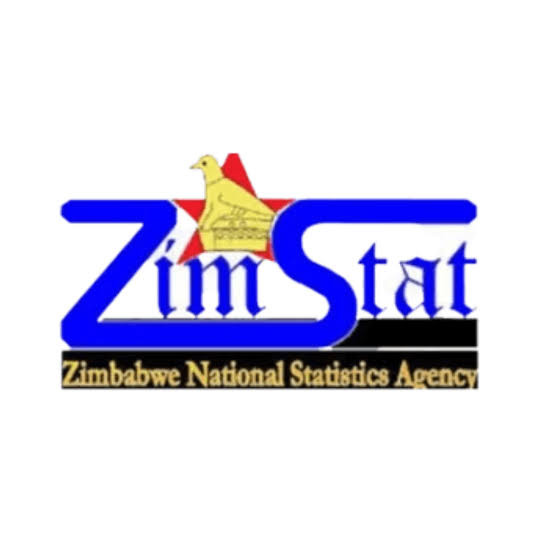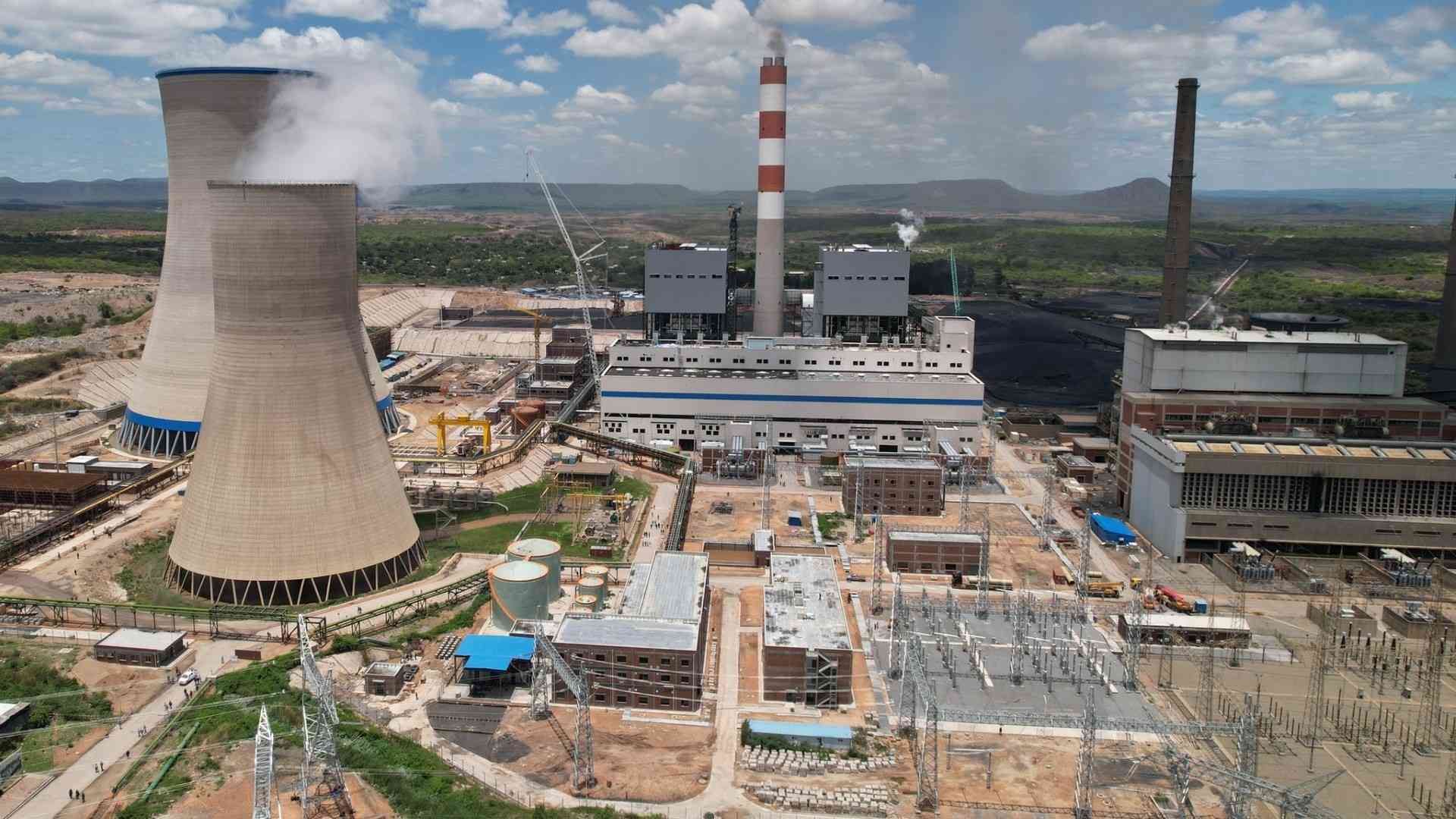
FOR years, Zimbabwe’s tobacco farmers faced a frustrating cycle: after selling their crop at auction floors in Harare, they would queue for hours at banks, only to be told there was no cash.
Many resorted to risky journeys back to their villages with wads of money, making them targets for thieves.
Today, thanks to Mukuru, a leading money transfer platform, those struggles are fading. Farmers now receive their earnings instantly through secure, accessible payouts—right at the auction floors or in their rural communities.
From cash crunch to convenience
Ernest Malunga, a tobacco farmer from Chinhoyi, recalls the hardships before Mukuru’s intervention.
"Before Mukuru, life was difficult for tobacco farmers. Now, it’s easy—we don’t struggle to get our money, and we receive it on time. No queues," he says.
Beatrice David, a Darwendale-based farmer, shares a similar story.
"Mukuru has made things easier for us. Before, I had to go to town to collect my money from the bank, only to find long queues or no cash at all,” she says.
- Rampaging inflation hits Old Mutual . . . giant slips to $9 billion loss after tax
- Monetary measures spur exchange rate stability: RBZ
- Zim deploys IMF windfall to horticulture
- Banker demands $21m from land developer
Keep Reading
“Now, as soon as I sell my tobacco, I go straight to a Mukuru booth at the auction and collect my money. Cash is always available—it’s so convenient."
For Lawett Rwodzi, another tobacco farmer, Mukuru has been nothing short of a "saviour."
A leap of faith into agriculture
Mukuru’s success in Zimbabwe’s agricultural sector was not accidental. According to Kevin Nyakotyo, Mukuru’s enterprise sales manager, the company first tested the waters with cotton farmers in 2023.
"We received special dispensation to assist in agriculture, starting with cotton. Farmers were given a choice on how to receive payments, and 93% chose Mukuru—largely because they already knew and trusted us from personal remittance use," Nyakotyo explains.
Buoyed by this success, Mukuru expanded into horticulture and peri-peri farming before entering the tobacco sector. Today, it serves six major auction floors, with expectations to cover nearly all by next year.
Safety, speed, and financial dignity
One of Mukuru’s biggest selling points is security. Farmers no longer need to carry large sums of cash from Harare to rural areas. Instead, they receive vouchers redeemable at local Mukuru agents—reducing robbery risks.
"Farmers are often targeted by criminals. With Mukuru, they can collect money in their hometowns—Karoi, Rasape—instead of traveling with cash," Nyakotyo says.
Beyond convenience, Mukuru blends digital innovation with grassroots accessibility. While Zimbabwe pushes for digital financial inclusion, challenges like poor smartphone penetration, high data costs, and rural infrastructure gaps persist. Mukuru addresses this by maintaining physical booths in remote areas while offering USSD services for feature phone users.
A national push for financial inclusion
Mukuru’s efforts align with the Reserve Bank of Zimbabwe’s (RBZ) financial inclusion strategy, which seeks to digitise transactions and broaden economic participation.
RBZ deputy governor Innocent Matshe emphasises the importance of inclusion beyond mere account ownership.
"We want to use digitalisation as an enabler for financial institutions while ensuring transparency and inclusiveness. It’s not just about how many people have accounts, but how many use them productively," Matshe said recently at a business meeting in Harare.
Financial inclusion, he notes, reduces reliance on predatory lenders, boosts employment, and fosters economic resilience.
The road ahead
Mukuru’s model—combining global reach with hyper-local accessibility—has set a benchmark for financial service providers in emerging markets.
As Zimbabwe’s farmers continue to embrace digital payments, the hope is that more players will follow Mukuru’s lead, ensuring that financial inclusion isn’t just a policy goal—but a lived reality for millions.
For now, farmers such as Malunga, Rwodzi and David have one less worry: getting paid on time, safely, and with dignity.
And in Zimbabwe’s cash-strapped economy, that’s a game-changer.
Ends










